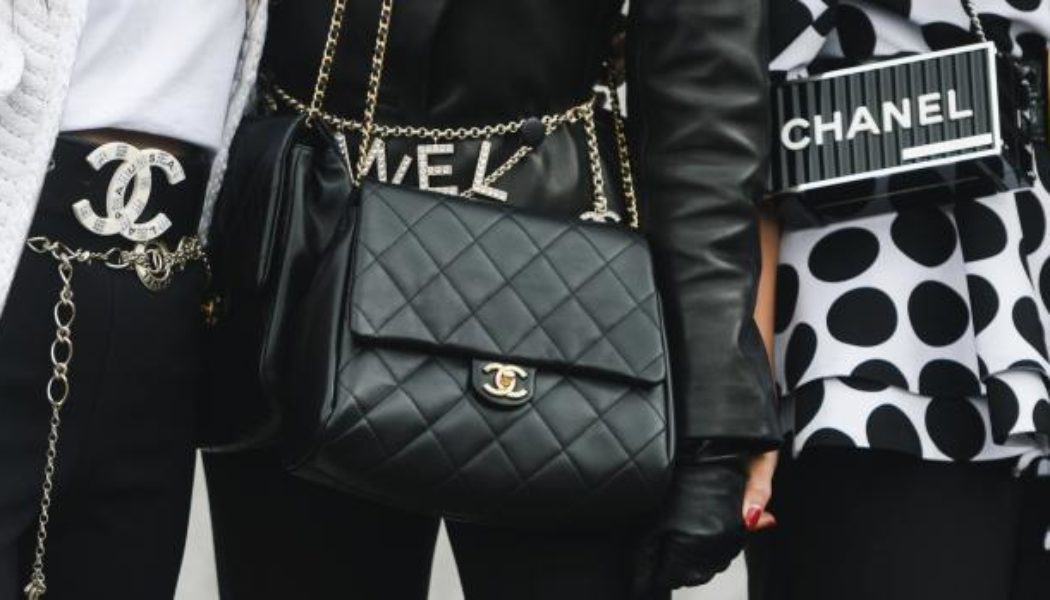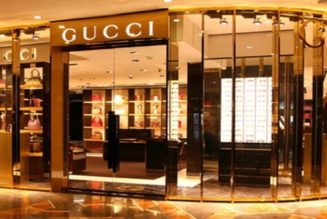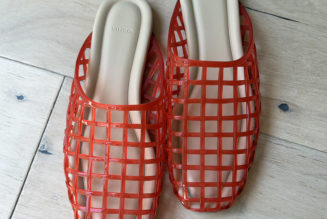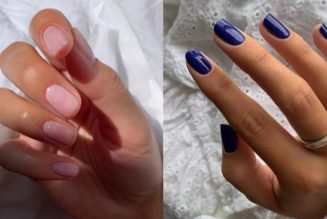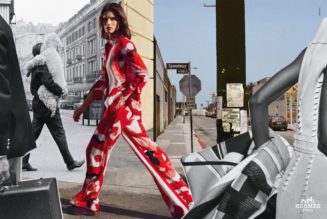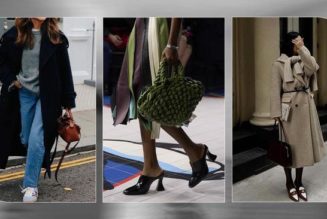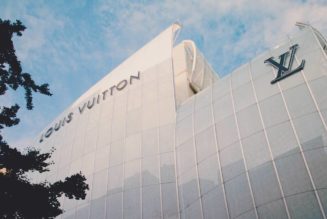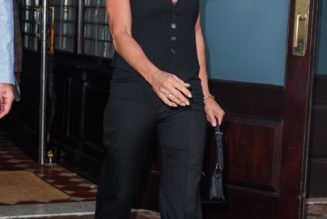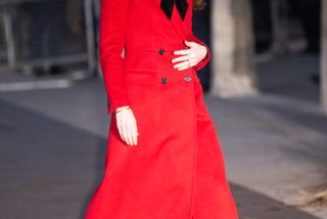
Creative Lab / Shutterstock.com
A trial involving Chanel highlights the application of the ‘nominative fair use’ doctrine, a key defence in the realm of second hand reselling, says Zach Briers of Munger, Tolles, and Olson.
A trademark infringement trial involving Chanel and a major luxury resale company will spotlight the apparel resale market, which has grown steadily in recent years and is now valued at approximately $211 billion.
The case is significant due to its broader implications for luxury brands navigating the secondhand market.
Chanel has accused luxury reseller WGACA of attempting to deceive consumers and selling allegedly infringing products. This legal battle not only underscores the clash between a high-profile luxury brand and a leading player in the secondhand market, but also brings to the forefront crucial questions surrounding brand protection, trademark usage, and the evolving dynamics of the luxury resale landscape.
The rest of this article is locked for subscribers only. Please login to continue reading.
If you don’t have a login, you will need to purchase a subscription to gain access to this article, including all our online content. Please use this link and follow the steps.
For multi-user price options, or to check if your company has an existing subscription to us that we can add you to for FREE, please email Atif Choudhury at achoudhury@worldipreview.com
Chanel, trademarks, WGACA, luxury, secondhand, nominative fair use, resale, apparel, handbags, market, brand protection, false advertising
